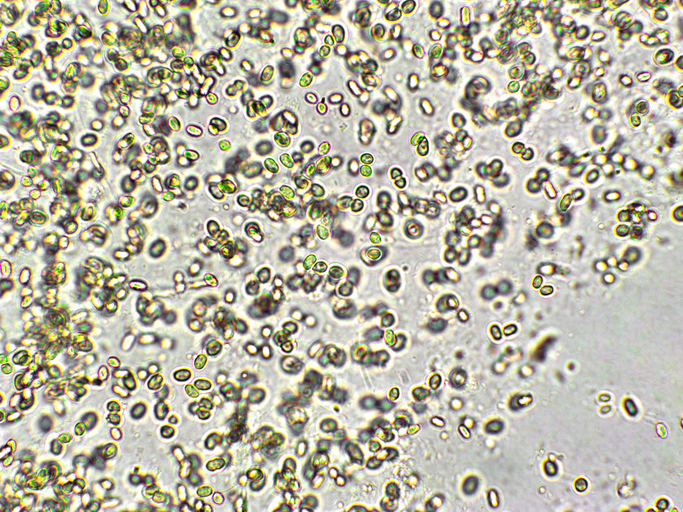Chlorella Vulgaris, a green algae found in freshwater environments such as lakes and rivers, is increasingly recognized as a potential ‘superfood’ that could address global food security challenges while promoting environmental sustainability. This revelation comes from a new study published by researchers at the University of Birmingham in the Journal of Food Science. Rich in proteins, lipids, carbohydrates, vitamins, and minerals, Chlorella offers a sustainable alternative to traditional agricultural methods, which typically require significant land and water resources. Its ability to be cultivated with a minimal environmental footprint makes it an attractive option for eco-friendly food production.
The nutritional benefits of Chlorella are extensive, with the microalga known for its antioxidant properties, immune support, and detoxifying effects. It is currently used as a food supplement in powder and tablet forms but has the potential to significantly enhance the nutritional value of food products. Despite its promising attributes, the study highlights several challenges that need to be overcome, such as scaling up production and increasing consumer acceptance, to realize its full potential.
Dr Helen Onyeaka, a study co-author, emphasized the growing consumer interest in health-conscious and environmentally sustainable products. She believes that Chlorella Vulgaris could play a significant role in redefining food innovation for the future. The research underscores the importance of applied research in addressing these global challenges and highlights the critical role that Chlorella can play in sustainable food sourcing.
The study also outlines the necessity for advancements in cultivation techniques, processing methods, and sensory improvements to make Chlorella more appealing to consumers. Future research directions include improving Chlorella strains, developing more efficient cultivation systems, and resolving issues currently limiting its use. By addressing these challenges and optimizing production methods, Chlorella’s integration into the food industry can be significantly enhanced.
Proposed industrialization efforts for Chlorella production involve developing new culture systems designed to increase yield and reduce costs. These would include various bioreactors, adjustments in light and nutrients, and maintaining sterile environments. Additionally, techniques such as mechanical milling, enzyme treatment, and ultrasonication could increase the bioavailability of nutrients, while pulsed electric fields might enhance digestibility cost-effectively. Sensory evaluations and consumer testing are also necessary to overcome any negative perceptions related to taste.
Beyond its rich nutrient profile, Chlorella offers significant environmental benefits, including capturing carbon dioxide and cleaning wastewater, aligning it with global sustainability goals. Its health benefits extend beyond essential nutrition, offering anti-tumour properties, potential preventive effects against Alzheimer’s disease, and positive impacts on major depressive disorder. As research and development continue, Chlorella stands poised to become a key player in the future of sustainable and nutritious food sources.
More information: Chiao-An Wang et al, Chlorella vulgaris as a food substitute: Applications and benefits in the food industry, Journal of Food Science. DOI: 10.1111/1750-3841.17529
Journal information: Journal of Food Science Provided by University of Birmingham








